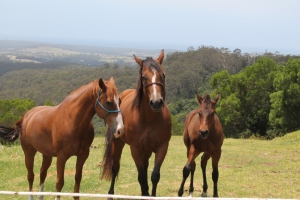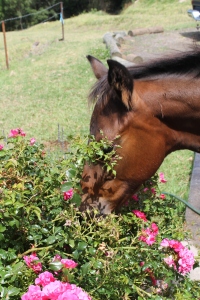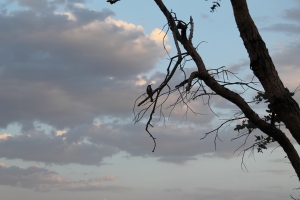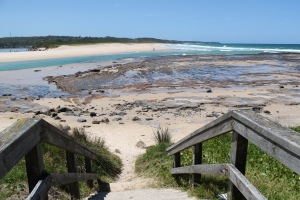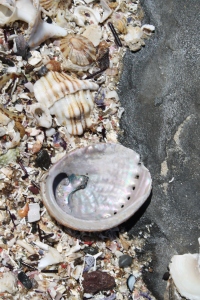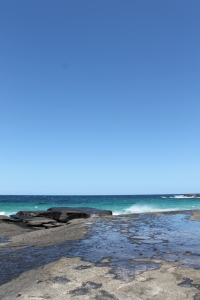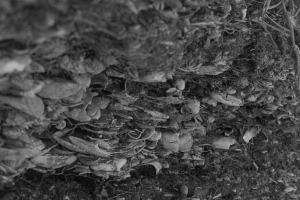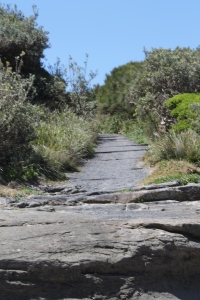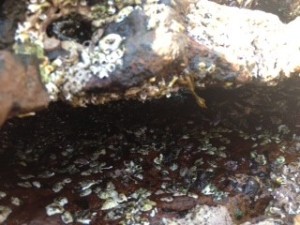So how did your January go? Did you achieve all you wanted to writing wise? Or when you tally up your words does the total fall drastically short of what you wanted to achieve?
My January was both good and bad. I managed to do more blog posts than ever before (thanks to all my new followers by the way), did a rough outline for a possible sequel to Blackwattle Lake, and wrote up some notes for a new novel. It would have been nice to achieve more but then I did have plenty of time to relax, think, and clear my head. Part of me would like to whine and moan and self flagellate about all the things I didn’t get done but the other, wiser part says that we writers are way too hard on ourselves and need to lighten up a little. There are times when we write a lot, times we write a little and times when we don’t write at all. In that spirit I’d like to share this Writer’s Manifesto.

(Courtesy of Melissa Bowersock (http://wanatribe.com/profile/MelissaBowersock)
Whether your January was as productive as you would have liked or not now is a good time to take stock – decide what worked and what didn’t, what your goals are for the rest of the year and how you will go about achieving them.
And above all, as the manifesto above says, remember that writing is a journey not a destination. Enjoy the small projects as well as the big, value the words for their own sake and for the joy you get from them as well as the joy you create by sharing them. Share your writing journey with other writers so we can learn from, support and inspire each other.
I wish you all the best for the rest of your writing year and look forward to hearing more about your writing journey.



